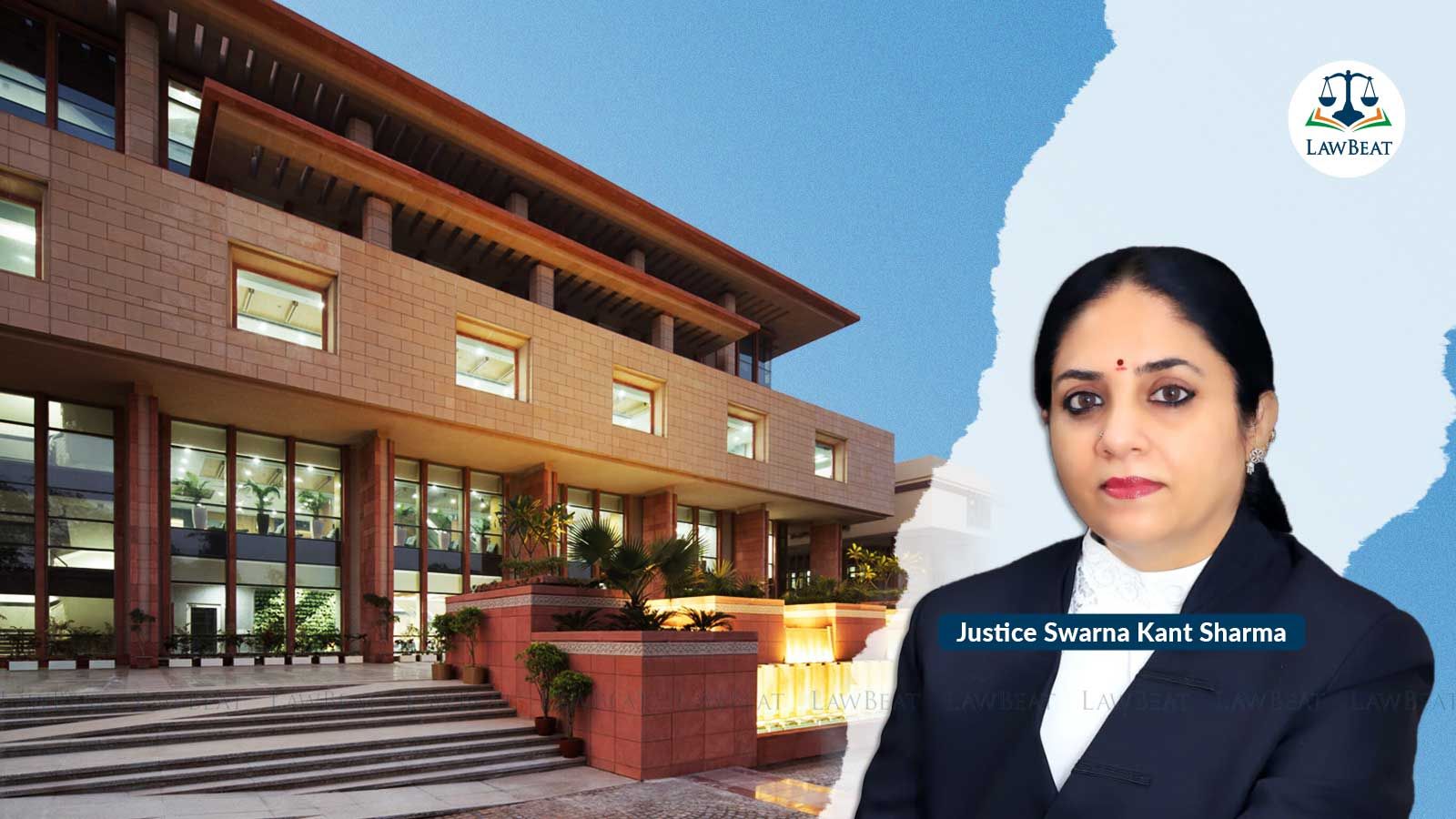Courts Are Expected To Act With Sensitivity In Dealing With Child Sexual Assault Cases And Vulnerable Witnesses: Delhi High Court

Courts cannot be mute spectators, especially in cases of sexual assault, and they should ensure that the witnesses and the material brought in the form of defence evidence are not vexatious or irrelevant, the high court observed.
The Delhi High Court in its judgment dated May 1, 2023 re-emphasized the empathy and understanding expected of a judicial body in addressing cases involving child victims and witnesses under POCSO Act, 2012 and JJ Act, 2000.
The Supreme Court's guidelines in relation to child rape victims and mandate of in-camera proceedings were reiterated, adding that workshops conducted by the courts to sensitize judges should not be forgotten while one is dealing with vulnerable witnesses.
Justice Swarana Kanta Sharma, while allowing the appeal against an order of Sessions Court, reiterated that judges need to deal with sexual offences against children with utmost care and sensitivity.
“This Court by way of this judgment once again reiterates that, though the State and administration can provide the necessary and modern infrastructure to the judges as well as vulnerable witness deposition complexes, it cannot generate a sensitive heart of a judge. It has to be developed by the judge himself as part of his duty bound by his oath to the constitution and service to the citizens of the country. It is also the duty of every Court to not only have a heart which is sensitive but also a mind which is alert while recording and conducting trial, especially in sexual assault cases, so that the trial is not diverted to a direction which is totally unconnected, uncalled for and causes further trauma or humiliation or brings into public domain, the internal agony and trauma that a child might have discussed or shared with someone she had thought will keep to himself,” observed Justice Sharma.
Reliance was placed in this regard on the Supreme Court's decision in State of Punjab v. Gurmit Singh, (1996) 2 SCC 384, Sakshi v. Union of India, (2004) 5 SCC 518 and Virender v. State of NCT of Delhi, 2009 SCC OnLine Del 4413.
On facts of the case, it was observed that the prosecutrix made contradictory statements with respect to the incident in her statements, making the precedence of events of sexual assault unclear – although it was stated that while her father had gone alone to the temple for praying, she along with her mother and four siblings were sitting with their luggage outside school, all testimonies remained silent and unexplained as to why none of them raised alarm to save the prosecutrix when was pushed inside the car, or inform the police or seek help from the school authorities.
It was further noted that the mother of the prosecutrix examined as PW-2 gave a different version of the entire incident as such and stated that she was not present at the spot when their daughter was abducted.
The court further noted certain “disturbing crucial issues” with respect to the proceedings before Trial Court –
- No reasons were stated in the application moved for leading defence witness or the order allowing it – Para 46 of the judgment states, “this Court notes with strong disapproval that the counsellor, who had been called to counsel the 12 years old sexual assault victim immediately after the incident in question at the request of the SHO concerned, had been not only allowed to be examined as a defence witness but the confidential report regarding the counselling and as to what had transpired between the counsellor and the victim child was brought in the public domain through an application moved by the accused for leading defence evidence.”
- Court observed that since at the time of the alleged incident, the POCSO Act, 2012 was not in existence, the Trial Court should have been guided by the Juvenile Justice (Care and Protection of Children) Act, 2000 as per which the victim should have first been referred to a Child Welfare Committee (Section 32 of the JJ Act, 2000) – moreover, Trial Court returned no finding on under what provision was the counsellor called for the entire family and the prosecutrix.
- Under Para 50 of the judgment, it was observed, “Trial Court was bound to the golden principle of sensitivity and protection of the prosecutrix from further harassment or distress by ensuring that the counselling that had taken place, primarily to calm her as she was restless as can be understood in whatever circumstances she was in, the report of the counsellor could not have been made a part of defence evidence and Trial Court Record, as the same, even at that relevant time, was a confidential document and proceeding.”
- The questions, even in the form of suggestions, that the prosecutrix was having physical relations with her own father were not only condemnable but should not have been asked under any circumstances, the court added.
Case Title: Sanjeev Kumar v. NCT of Delhi | CRL. A. 1268 of 2010
